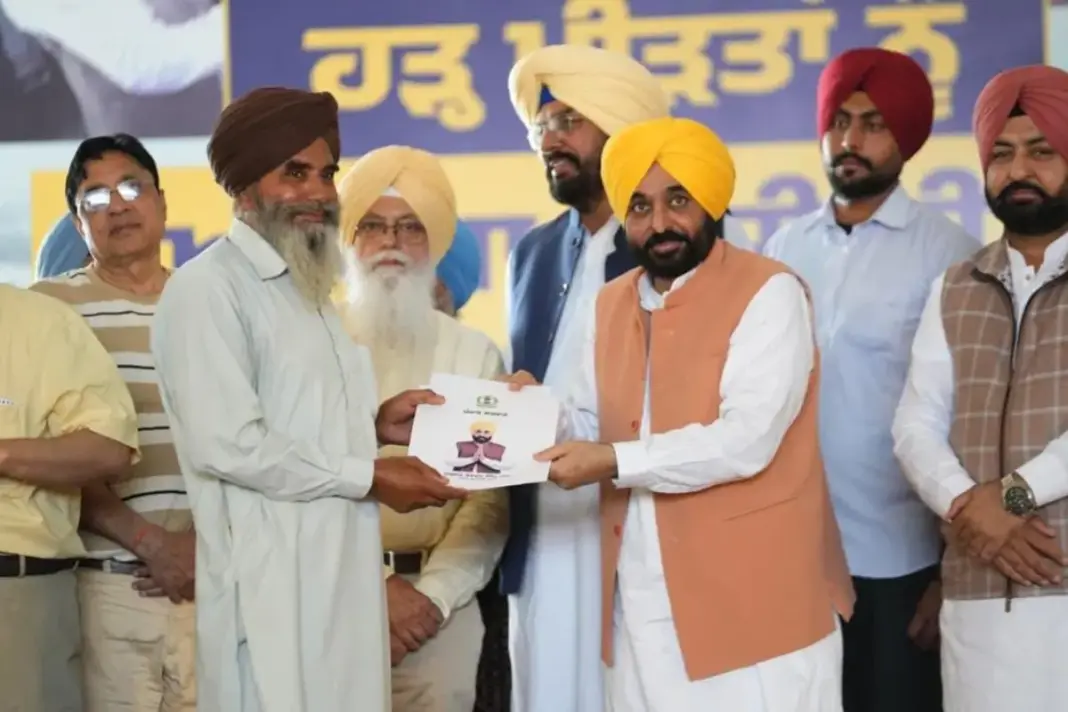A new chapter is being written on the land of Punjab. Chief Minister Bhagwant Mann has stepped out of the corridors of power and walked into the fields, markets, and villages. For the first time, a Chief Minister himself has reached among farmers and labourers to personally supervise relief work. This is not a political show—but the beginning of a new governance model.
When devastating floods broke the backbone of Punjab’s farmers, CM Mann didn’t stop at making announcements—he went to the ground and stood beside every victim. A ₹74 crore relief package, 2 lakh quintals of free wheat seeds, and ₹20,000 per acre compensation—these are not just figures, but lifelines that helped restore the broken hopes of countless farmers.
The most remarkable part? Within just 30 days, the compensation reached farmers’ bank accounts—a record that puts decades of bureaucratic red tape to shame.
DON'T MISS
For CM Mann, the focus is not limited to big farmers. His instructions are clear—the relief must reach farm labourers, small traders, and the underprivileged. This inclusive approach is the true essence of democracy.
Flood-affected farmers have been allowed to sell the sand and silt deposited on their land without any government NOC until November 15—a practical step to help them regain financial stability.
CM Mann personally shared videos of relief activities from various villages on social media and evaluated each operation alongside officials. This transparency not only earned public trust but also made the administration accountable.
The government didn’t stop at distributing compensation. The SDRF compensation was increased to ₹40,000, damaged houses received aid, and farmers were exempted from paying any loan instalments or interest for six months—a financial relief unmatched by any previous government.
Separate assistance was announced for loss of livestock and property. Additionally, special monitoring teams were set up from village to state level to ensure that no grievance goes unheard.
The Mann government has assured that government procurement of crops will continue without fail, and full payment will be made on time. This time, it’s not just an election promise—it’s a ground reality.
Today, relief work in Punjab isn’t just visible on paper—it’s visible in the lives of every affected person. This is the living embodiment of “Promises made, promises kept.”
Bhagwant Mann has proven that governance doesn’t happen from air-conditioned rooms—it happens in the dusty markets and the fields. By turning crisis into opportunity, he has set an example for the entire nation—showing that true leadership is seen not in headlines, but on the ground.
Punjab now stands at the threshold of a new era—an era where the gap between government and people is fading, where every promise is fulfilled, and where every farmer, labourer, and poor family believes—their government truly stands with them.



